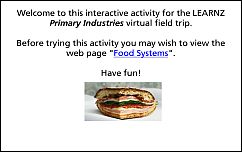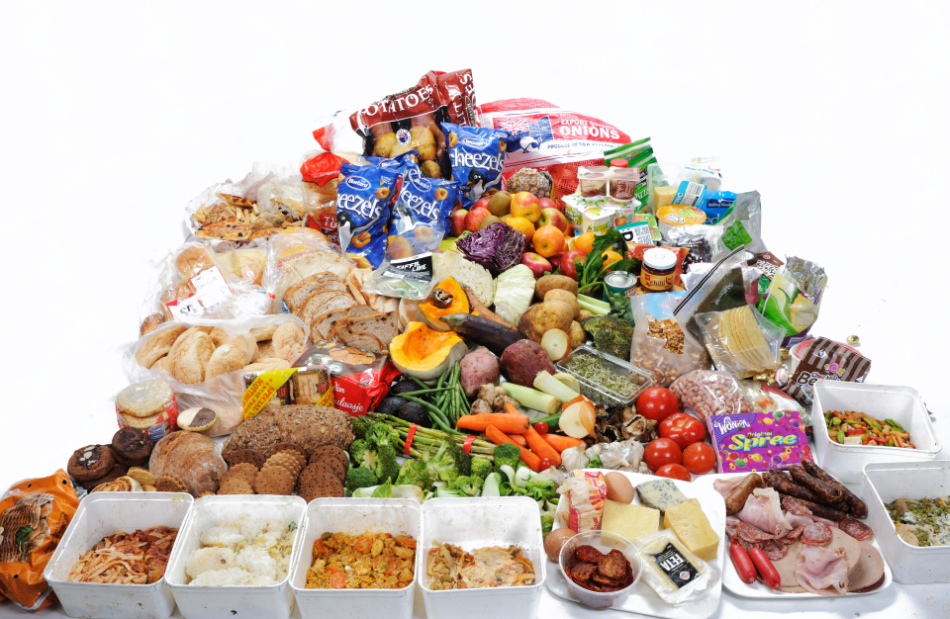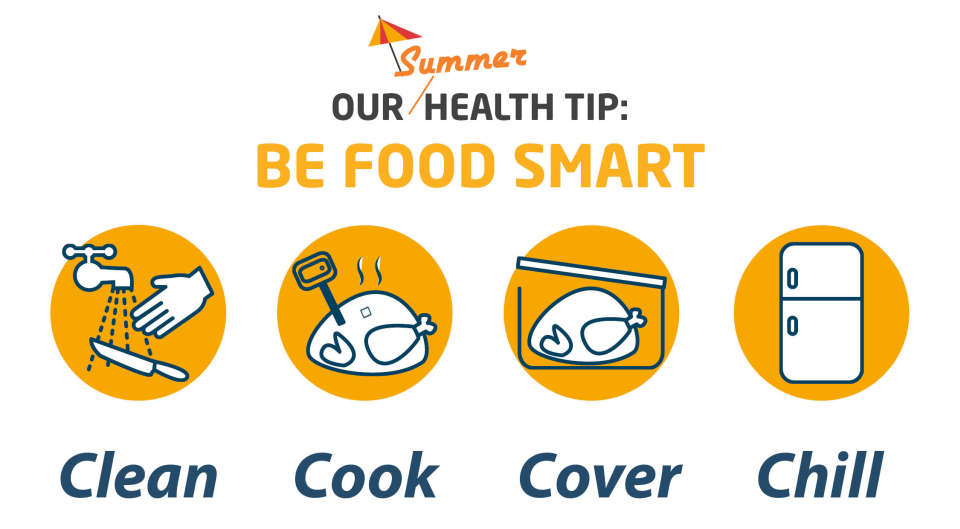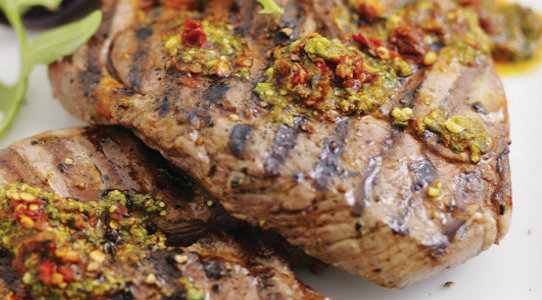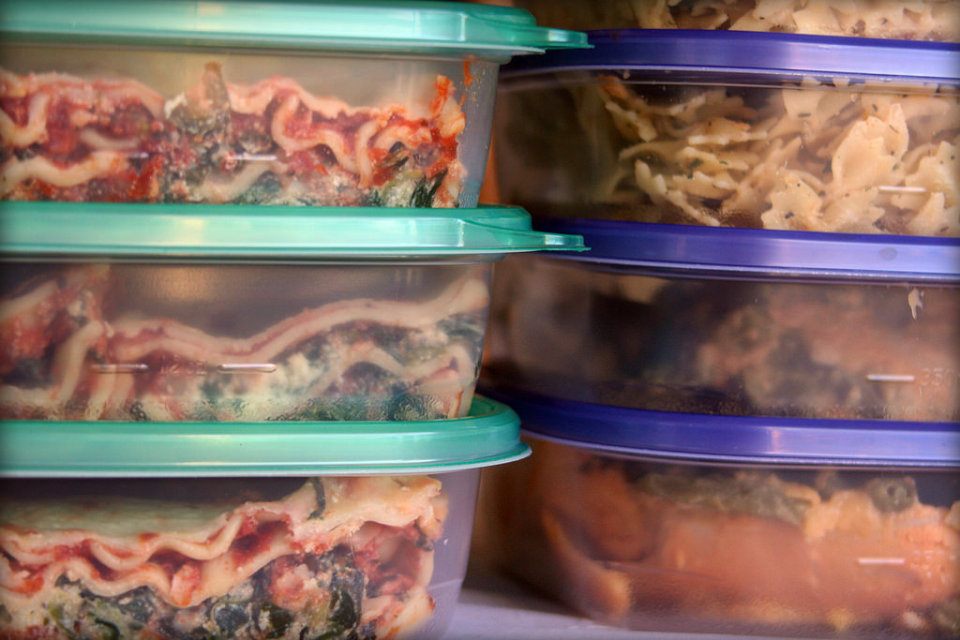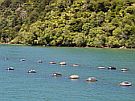Food safety is important to everyone. The Ministry for Primary Industries manages New Zealand's food safety system. This system has been set up to protect the health and wellbeing of people buying food here and overseas. It helps keep New Zealand food products safe.
The Food Act 2014
Everyone working with food must make sure that the food they make or sell is safe and suitable to eat. The Food Act 2014 depends on the type of food you make, not where you make it and focuses on areas where there is the biggest risk to food safety.
The Act protects people buying food from:
- unsafe food
- businesses that don't identify food that may contain ingredients that could cause an allergic reaction in some people
- misleading labelling.
If the food act is not followed it could result in anything from help and advice, to fines or the shutting down of a business.
Tips for food Safety
Every day, over 500 New Zealanders get food poisoning. Following handwashing rules and the 3 Cs – clean, cook, and chill – can help keep you safe from bugs in food.
Handwashing is one of the best ways to stop bugs from spreading to your food.
How to wash your hands
- Use soap and warm running water, rubbing well, for 20 seconds.
- Clean under each fingernail using soap and a nail brush.
- Dry your hands for 20 seconds using a clean dry towel, or paper towel.
You should wash your hands after: 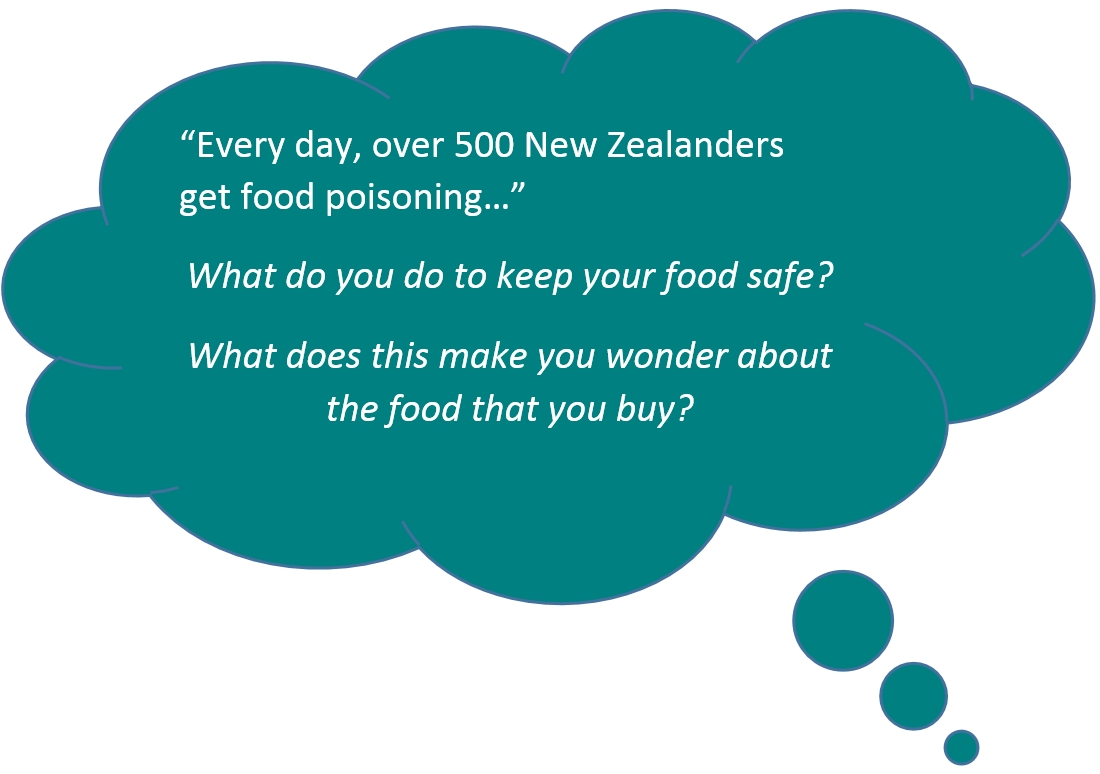
- handling raw meat
- going to the toilet or changing nappies
- handling pets or animals
- gardening
- when your hands are dirty.
Clean
Safe food starts with clean hands, but it’s also important to make sure your cooking area and tools are clean.
- Wash surfaces, chopping boards and utensils (like knives) with soap and water and rinse in clean water:
- before you use them to handle and prepare food
- between preparing raw and cooked foods. - Carefully wash and dry all food storage containers before use.
- Use different sponges or cloths for the dishes, the bench, and the floor. Keep them separate and clean them often.
- Use a dishwasher or hot soapy water to wash dishes. Let dishes air dry rather than drying with a tea towel.
- Always cover stored food – even in the fridge or cupboard. You should also cover food when eating outside, to keep out unwanted insects and bugs.
- Keep raw meat and chicken away from other food. Store at the bottom of the fridge to stop any juices dripping on food. These juices can have harmful bacteria in them.
Cook
Make sure food is cooked through to kill bacteria.
- Defrost frozen foods well, or they won't cook in the middle.
- Cook chicken, mince, and sausages right through. Pork and chicken juices should run clear.
- Keep raw and cooked foods separate – use one set of utensils for raw meat and chicken and another set for cooked food.
- Put cooked items on a clean plate
- Put leftovers in the fridge or freezer within 2 hours.
- Reheat leftovers until steaming hot and do not reheat more than once.
- Check the use-by dates on foods. Don’t buy or eat once this date has passed.
Chill
Bacteria doesn't grow in a cold fridge. Set your fridge at a low temperature.
- Cool hot foods for up to 30 minutes before putting them in the fridge
- Never leave food at room temperature for more than 2 hours. If the room is warm, you should put things in the fridge sooner.
- Keep your fridge clean, and wipe up any spills. Don't overfill your fridge – this can mean some food isn't kept cool.
- If eating outdoors, use an icepack or chilly bin to keep food cold.
- Keep a chilly bag or bin in your car for when you buy chilled or frozen foods and put these items in the fridge or freezer as soon as you get home.

